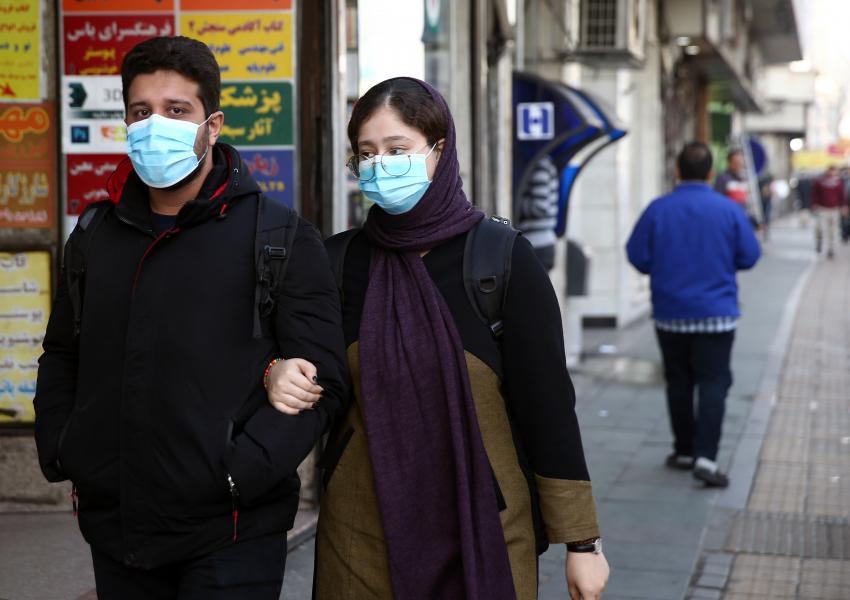
City’s Taskforce Chief Says Covid In Tehran At ‘Condition Critical’
Tehran is in a “highly critical situation” necessitating tighter restrictions for at least a week, the chief of the capital’s coronavirus taskforce told reporters at a book launch on Saturday. September 25. Dr. Alireza Zali said he had explained Tehran’s situation in a letter to the national taskforce.
His remarks came on the same day President Hassan Rouhani announced at a national taskforce meeting that new measures would be introduced for Tehran, including penalties for not wearing masks.
Nahid Khodakarami, a member of Tehran City Council’s health committee, disclosed that Covid19 had claimed 12,000 lives in the city of 12 million. She gave the figure as the Health Ministry on Saturday put the cumulative national death toll at 25,394.
Khodakarami on August 23 had put the death toll in the capital since the outbreak in February was 10,200. On Saturday she said the daily death rate in the capital was now around 90.
According to the latest Health Ministry figures, released on Saturday, 3,204 new cases were identified over the previous 24 hours across the country, bringing the total since February to 443,086. During the same period 172 deaths were reported (close to the peak of 229 on July 21), bringing the total to 25,394.
The Health Ministry numbers suggest that more than half of Iran’s Covid deaths have been in Tehran – which is highly disproportionate given the capital, with a night-time population of 8.6 million and day-time population of 12 million, accounts for only around 12 percent of Iran’s 84 million people.
The government has faced criticism – including from the chairman and some members of Tehran City Council – for not releasing specific figures for coronavirus cases and deaths in the capital. Such reluctance in the Health Ministry has fed wider scepticism about the accuracy of the government’s numbers. A parliamentary research report in April suggested that deaths from the virus might be double the official figures.
After a second Covid wave in mid-July was attributed to lifting restrictions in early April, experts warned of a third wave as government took a soft stance against those pushing to hold as normal the mass ceremonies of Islamic month of Muharram in August and September. Supreme Leader Ali Khamenei, who has reportedly been in self-isolation since the onset of the pandemic, opted not to ban the ceremonies but did instruct the devout to abide by the decisions of the health authorities.
The Health Ministry and coronavirus taskforce officials allowed Moharram ceremonies - which for Shia Muslims center on mourning the 7th-century leader Imam Hussein - to be held outdoors provided that participants abided by social-distancing rules and wore masks. Breaches were widely reported across the country.
On Saturday Deputy Health Minister Ali-Akbar Haghdoust said late-summer trips and the Muharram ceremonies were responsible for the surge in Covid cases, while the re-opening of schools had not been significant as most classes were being held virtually.








